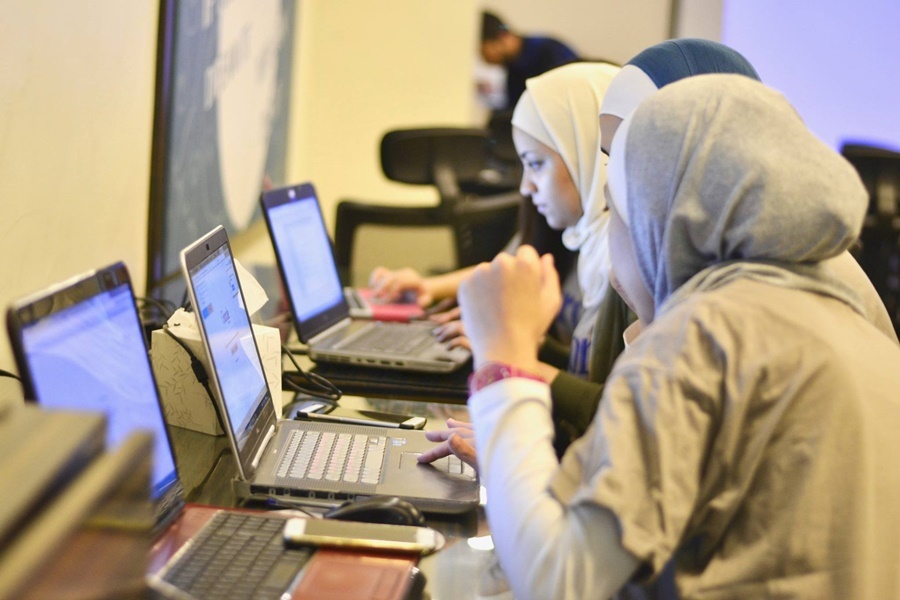Tarjama accomplished its Coursera for Refugees Arabization mission

Tarjama, a UAE-based translation startup, finished its six-month project with Coursera to Arabize courses specifically targeted at refugees.
“Translating courses into Arabic for refugees was a great way for us to give back,” said Nour Alhassan, founder and CEO of Tarjama.
In February this year, Tarjama joined the project aiming to help refugees gain marketable skills to achieve economic stability, using Coursera online courses.
Tarjama selected translators from a cohort of young professional women who had recently undergone a one-year training in translation skills, to apply their translation skills directly to the Coursera project. Tarjama Arabized over half a million words, subtitled 23 courses into Arabic, and put over 4,000 woman-hours into the project.
There are many resources and educational materials available both online and within NGOs, but a great majority of them are produced in English.
Coursera, under ‘Coursera for Refugees’ initiative, wanted to provide Arabic courses for refugees focusing on two major themes: business and entrepreneurship, and communication and writing. These included titles such as finance for non-financial professionals, the importance of listening, and project management.
These courses were deemed priorities by Coursera’s NGO partners who provide training for refugees. Kiron Jordan is one of the partners. They offer refugees, as well as local underprivileged students, the opportunity to earn an undergraduate degree in business administration or computer science.
Daphne Mulder, curriculum coordinator at Kiron Jordan explained that “the language barrier is one of the four obstacles refugees face in accessing higher education in their new country. By providing subtitles in Massive Open Online Courses (MOOCs), studying becomes easier for refugee students.”
The received training will help refugees gain skills that can enable them to be employed in their host countries, or launch their own businesses and startups.
Seham Basrawi, a translator in the project, said that “many people may think that helping refugees only consists of sending clothes and food, but I think supporting their education is equally valuable. Such help is the best to assist them bounce back from the miserable situation they face.”
Feature image via Kiron.

